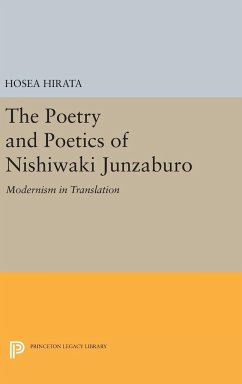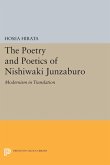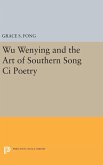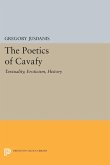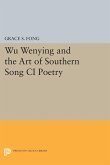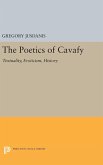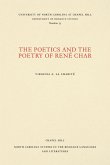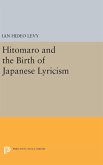This book offers an in-depth investigation into the writings of one of modern Japan's most gifted poet-scholars, Nishiwaki Junzaburo (1894-1982), who has been compared to T. S. Eliot, R. M. Rilke, and Paul Valéry. Exploring both his poetry and theoretical writings, Hosea Hirata describes how Nishiwaki, who wrote his first poems in English and French, shaped a highly influential poetic modernism in Japan while elevating the artistic status of translation. This volume includes Nishiwaki's highly original essays on the nature of poetry, his first two collections of Japanese poems, and a poem meditating on the annihilation of symbolism. The author maintains that in Japan the language of modernism was that of translation. When Nishiwaki finally began to write poems in Japanese, a new poetic language was born in his country: a translatory language. Hirata elaborates this birth of new poetry via translation by referring to the theories of translation and of différance articulated by Walter Benjamin and Jacques Derrida. The author reconsiders the view that translated texts are secondary to the originals, where the truth supposedly resides; instead he presents translation as an essential textual movement, écriture, toward the paradise of pure language and Poetry. Originally published in 1993. The Princeton Legacy Library uses the latest print-on-demand technology to again make available previously out-of-print books from the distinguished backlist of Princeton University Press. These editions preserve the original texts of these important books while presenting them in durable paperback and hardcover editions. The goal of the Princeton Legacy Library is to vastly increase access to the rich scholarly heritage found in the thousands of books published by Princeton University Press since its founding in 1905.
Hinweis: Dieser Artikel kann nur an eine deutsche Lieferadresse ausgeliefert werden.
Hinweis: Dieser Artikel kann nur an eine deutsche Lieferadresse ausgeliefert werden.

